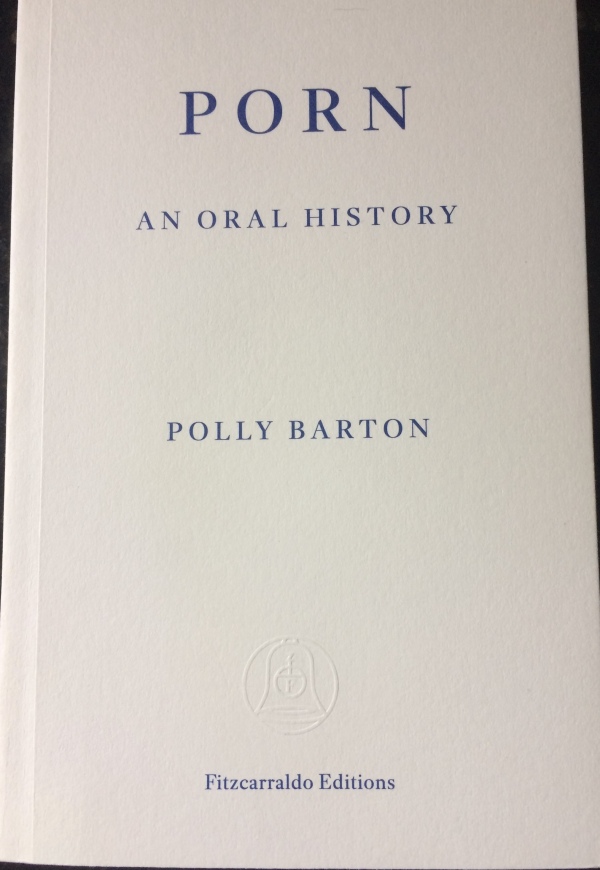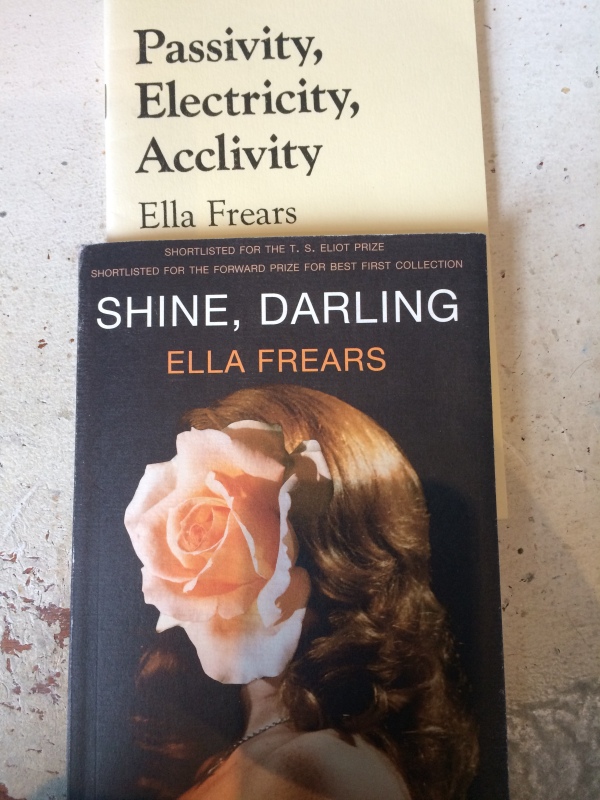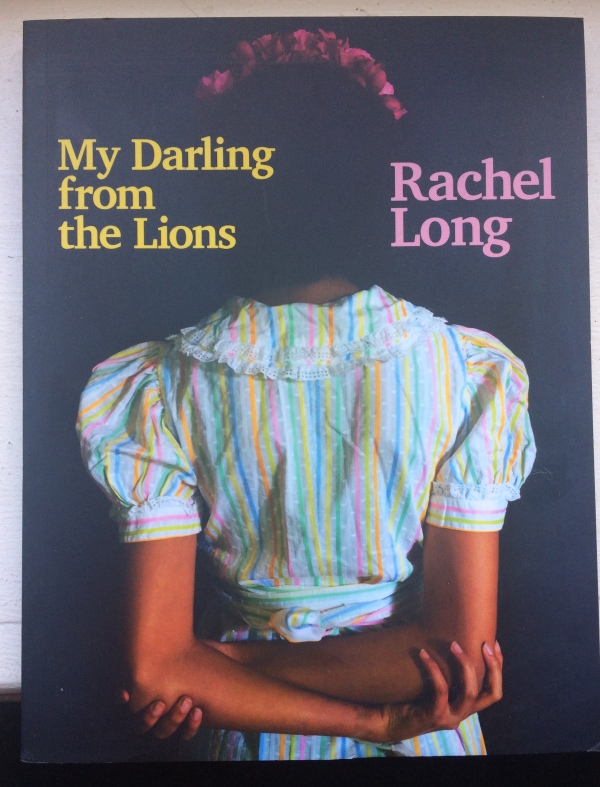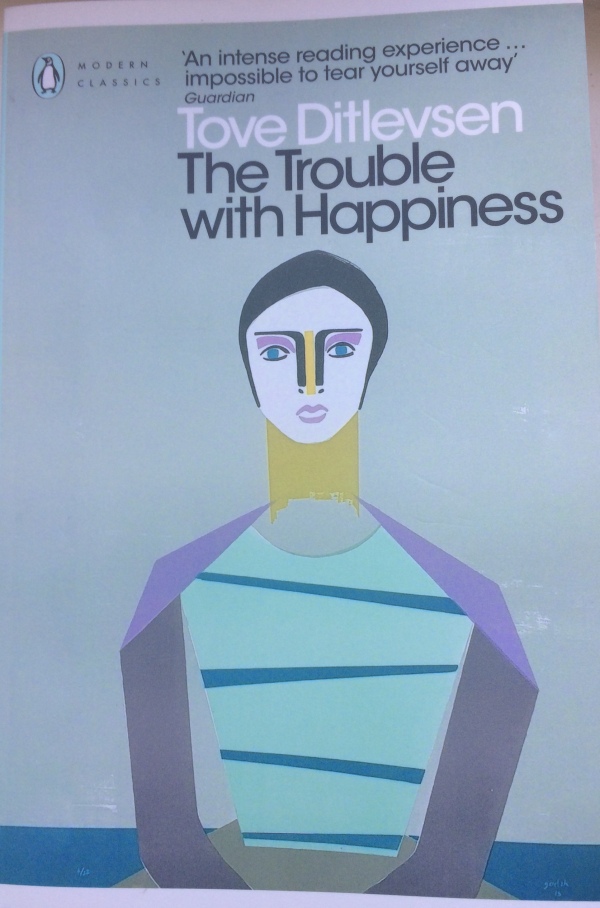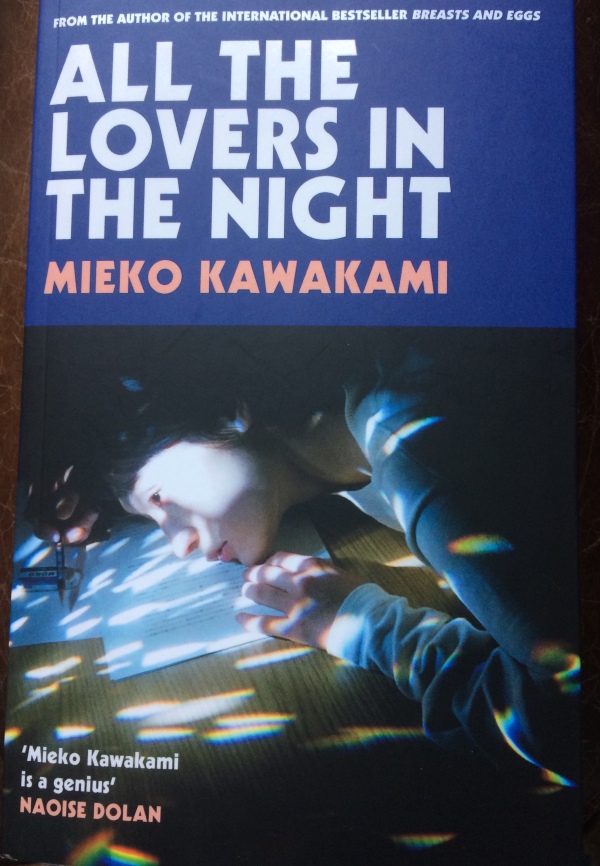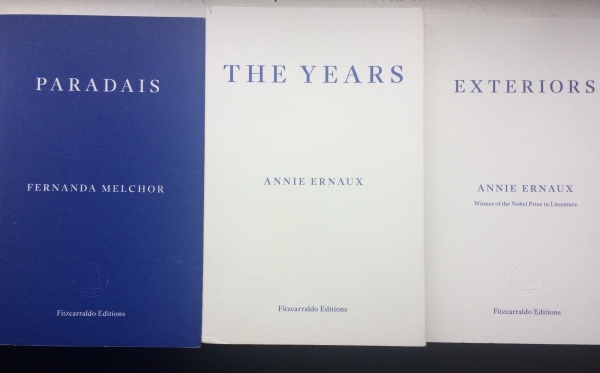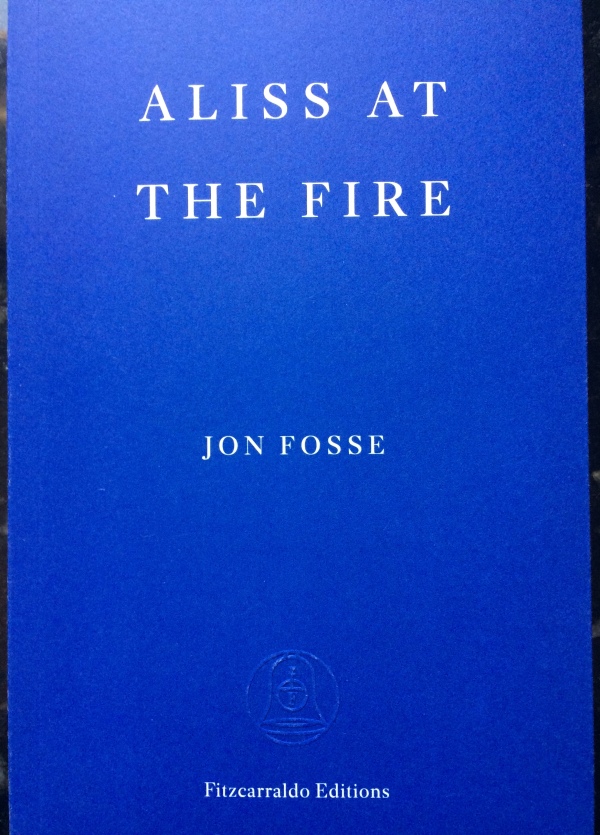Reading 2023
The novel most enjoyed: new (to me) writers:
Aliss at the Fire by Jon Fosse; Minor Detail by Adania Shibli; The Night of the Hunter by Grubb Davis
The novels most enjoyed (as well as the above):
The Lady in The Lake by Raymond Chandler; The Passenger by Cormac McCarthy
Single most astonishing novel of the year:
(a tie) – Aliss at the Fire by Jon Fosse; Minor Detail by Adania Shibli
The most striking non-fiction works:
Angela Y Davis: Women, Race & Class – documents the various oppressions before correctly, in my view, saying it all comes down to class and through that, power: revelatory. I do not know why I haven’t read her before.
Virginie Despentes: King Kong Theory
Rebecca Solnit: Recollections of my Non-Existence
Friedrich Engels: The Condition of the Working Class in England – and what has changed?
Nick Hayes: The Book of Trespass – this has lit a flame…spells out what we all know, if we just care to think about it.
…plus a couple of the essays in Aurochs and Auks by John Burnside, which move between discussions of extinction and his own near-death experience with Covid.
The most uplifting work:
Virginie Despentes: King Kong Theory – furious punk-energised feminist fury – gang-raped as a teenager, escort in her early twenties, refused to have the limits to her life prescribed for her, went on to write books and films: utterly righteous and inspirational
Everything I have read by Kathleen Jamie
Most uncategorisable & yet bloody brilliant book:
Nina Simone’s Gum by Warren Ellis
Novel that disappointed:
Paradais by Fernanda Melchor
The year’s most striking fictional character:
Alicia (Stella Maris)
…and the most-dastardly villain(s):
The ruling, land-owning, worker-supressing, profit-robbing class (again)
The best authors encountered for the first time this year:
Jon Fosse, Louise Kennedy, Claire Keegan, Adania Shibli, Kathleen Jamie
The most beautifully written novel:
Aliss at the Fire
Poetry most enjoyed:
Terence Hayes: for his poems and his performance of them
The Overhaul by Kathleen Jamie – it was all people promised me it would be.
How it Will Happen by Lisa Blackwell – just for how much it took me by surprise
Pepper Seed by Malika Booker
The Dogs by Michael Stewart – for the poetry alongside the art, the concept, the “everything” of it.
Anthology of the Year:
More Fiya: A New Collection of Black British Poetry
Reading: Fiction
Bernstein, Sarah: Study for Obedience
Chandler, Raymond: The Lady in The Lake
De Beauvoir, Simone: The Inseperables
Ditlevsen, Tove: The Trouble with Happiness
Duggal, Sharon: Should We Fall Behind
Fagin, Jenni: Hex
Fitzgerald, Penelope: The Bookshop
Fosse, Jon: Aliss at the Fire (x2); A Shining
Gaitskill, Mary: Bad Behaviour
Gonzalez, Tomas: Difficult Light
Grubb, Davis: The Night of the Hunter
Hedayat, Sadeq: Blind Owl
Holliday, SJI: Violet
Jonasson, Ragnar: Outside
Kang, Han: Greek Lessons
Kawakami, Mieko: All the Lovers in the Night
Keegan, Claire: Antarctica
Kennedy, Louise: Trespasses
Kundera, Milan: The Unbearable Lightness of Being
Laxness, Haldor: Fish Can Sing
McCarthy, Cormac: The Passenger; Stella Maris; Outer Dark; The Counsellor (screenplay)
Melchor, Fernanda: Paradais
Mishima, Yukio: Beautiful Star
Rankin, Ian: Rather be the Devil
Shibli, Adania: Minor Detail
Smith, Ben: Doggerland
Soyinka, Wole: Chronicles from the Land of the Happiest People on Earth
Stuart, Douglas: Young Mungo
Non-Fiction
Polly Barton: Porn
Tom Blass: The Naked Shore of the North Sea
John Burnside: Aurochs & Auks
Angela Y Davis: Women, Race & Class
Virginie Despentes: King Kong Theory
Joan Didion: Slouching Towards Bethlehem
Warren Ellis: Nina Simone’s Gum
Friedrich Engels: The Condiition of the Working Class in England
Annie Ernaux: Exteriors; The Years
Kathleen Jamie: Findings; Sightlines
Linton Kwesi Johnson: Time Come
Nick Hayes: The Book of Trespass
Mark Hodkinson: No One Round Here Reads Tolstoy
Mark Lanegan: Devil in a Coma
Audre Lorde: Your Silence Will Not Protect You
Helen Mort: A Line Above the Sky
Jaqueline Rose: The Plague
Bobby Sands: Writings from Prison
Rebecca Solnit: Recollections of my Non-Existence
Poetry
Anthology: More Fiya: A New Collection of Black British Poetry
Anthology: In the Hour of War: Poetry From Ukraine
Raymond Antrobus: Perseverance
Lisa Blackwell: How it Will Happen
Malika Booker: Pepper Seed
George Mackay Brown: The Storm
Zakia Carpenter-Hall: Into the Same Sound Twice
Jo Clement: Outlandish
Charlotte Eichler: Swimming Between Islands
Ella Frears: Shine, Darling
Terrence Hayes: so to speak; American Sonnets…
Ian Humphries: Tormentil
Kathleen Jamie: The Overhaul
Anthony Joseph: Sonnets for Albert
Ilya Kaminsky: Dancing in Odessa
Rachel Long: My Darling From The Lions
Hannah Lowe: The KIds
Carola Luther: On the Way to Jerusalem Farm
Audrey Molloy: The Blue Cocktail
Don Patterson: The Arctic
Alice Oswald: Nobody (x3)
Arthur Rimbaud: Seasons in Hell
Michael Stewart: The Dogs
Hannah Sullivan: was it for this
Marina Tsvetaeva: Brides of Ice

